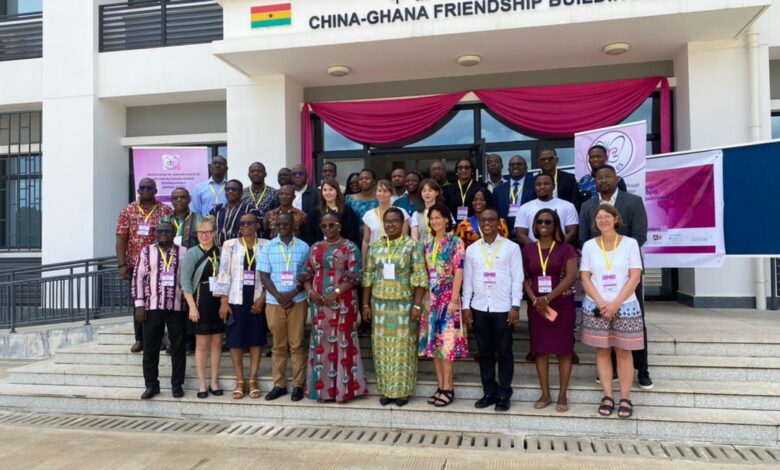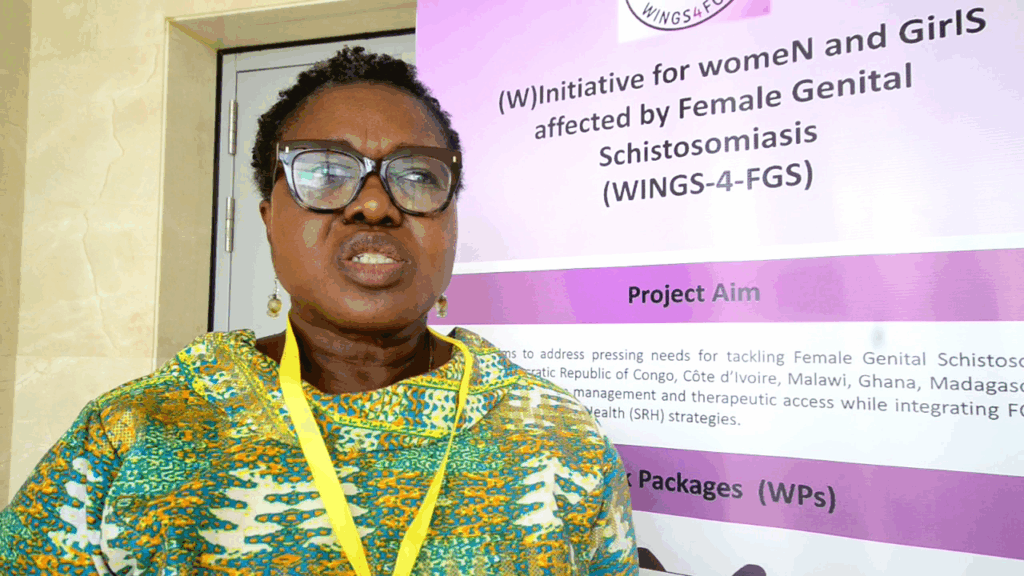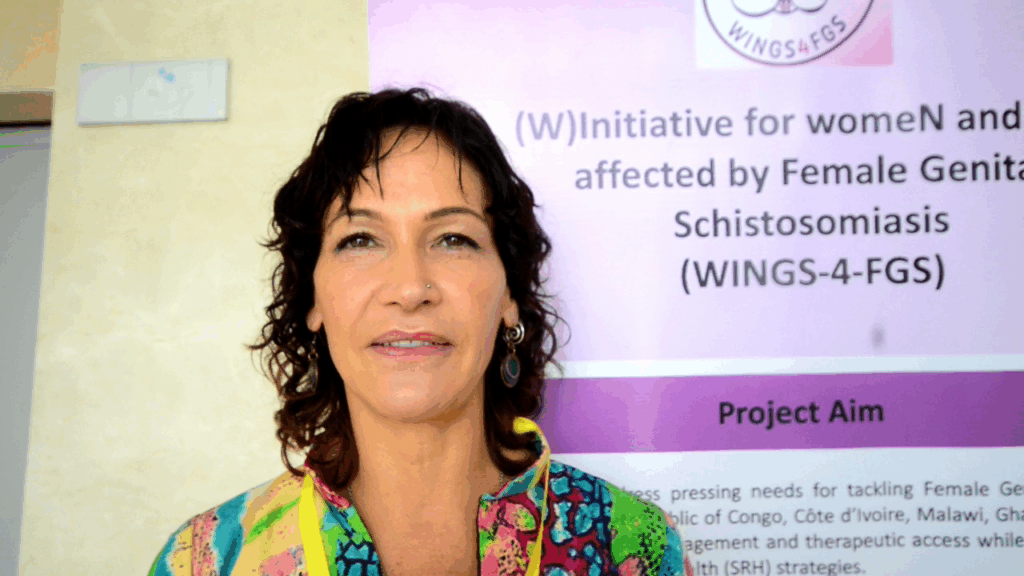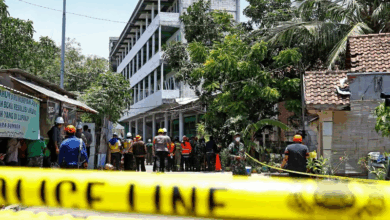UHAS and partners set out to create awareness, find treatment for female genital schistosomiasis

The University of Health and Allied Sciences (UHAS) and its partners are undertaking an initiative aimed at creating awareness of female genital schistosomiasis on the African Continent.
The Initiative for Women and Girls affected by Female Genital Schistosomiasis (WINGS-4-FGS) seeks to find improved diagnosis, treatment, and to curb stigma towards people infected with the neglected tropical disease.
The initiative supported by the Global Health EDCTP3 and its partners is co-funded by the European Union.
The Director of the Institute of Health Research and Coordinator of the Centre for Health Policy and Implementation Research at UHAS, Prof Margaret Agyapong, said that an earlier survey disclosed that some health workers lack knowledge about female genital schistosomiasis.
She added that, worrying enough, some teenagers and women who report to health facilities with the condition are misdiagnosed with sexually transmitted infections, and treated as such.

“We did a follow-up study, which is a fact package, trying to create awareness in the communities and in our health facilities, teaching people exactly what FGS is, so that when the woman arrives at the health facilities, they will be able to better diagnose”, she said.
Prof Gyapong, who is a medical anthropologist, said that these findings would form the basis for WINGS-4-FGS, which seeks to tailor an enhanced approach towards equipping health workers to appropriately diagnose care seekers and give them the right medication for their conditions.
A researcher with the London School of Hygiene and Tropical Medicine, Amaya Bustinduy, explained that the WINGS-4-FGS initiative would see the introduction of a new form of diagnostic and the implementation of a clinical trial in 4 endemic countries, including Ghana, Côte d’Ivoir,e the Democratic Republic of Congo, and Malawi.
She said this is aimed at identifying the best way to treat female genital schistosomiasis, which is caused by the Schistosoma haematobium, a waterborne parasite that affects both the urinary and genital tract of infected individuals.

“In those clinical trials, we are going to give praziquantel, and we are going to be adding inflammatory drugs that are available in every pharmacy to lower the inflammation, adding on to praziquantel to see if they can remove the disease”, she said.
She indicated that female genital schistosomiasis is dangerous as it can affect the sexual reproductive health, lead to sexually transmitted infections, reduce the chances of pregnancy and stigma from community members.
“As part of what we are going to be doing here is fighting the stigma and also integrating it into the wider sexual reproductive health”, she said.
The Pro Vice-Chancellor of UHAS, Prof Frank Edwin, lauded the initiative and partnership between the universities aiming to alleviate the pain of females who have genital schistosomiasis.
He encouraged the partners to expand their research to other neglected tropical diseases to enable them to provide a holistic solution to the health issues of people in tropical areas.
DISCLAIMER: The Views, Comments, Opinions, Contributions and Statements made by Readers and Contributors on this platform do not necessarily represent the views or policy of Multimedia Group Limited.
DISCLAIMER: The Views, Comments, Opinions, Contributions and Statements made by Readers and Contributors on this platform do not necessarily represent the views or policy of Multimedia Group Limited.
Source link




